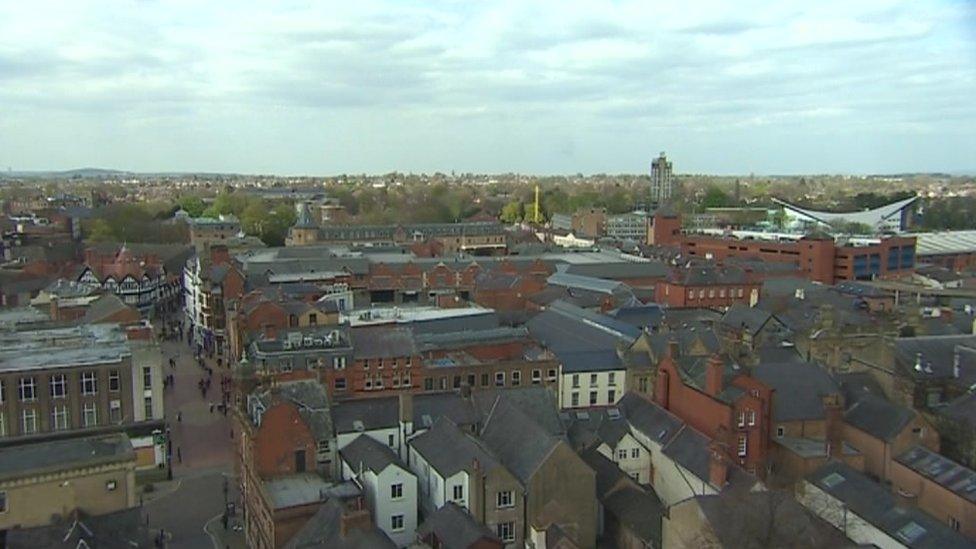Anti-social behaviour powers 'insufficient' for Bangor police
- Published
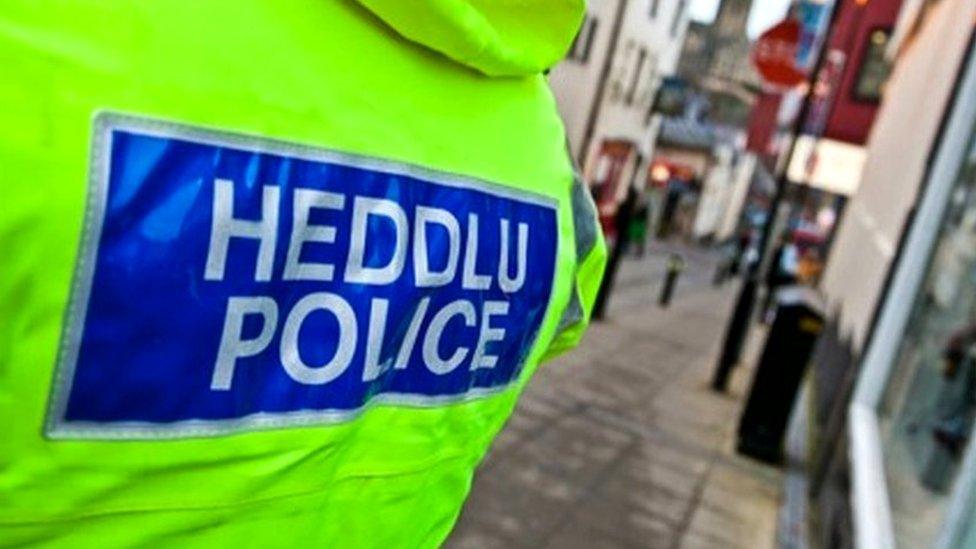
Police said their priority was to intervene early to prevent disorder on the streets
Police are seeking more powers to tackle anti-social behaviour on the streets of Bangor.
North Wales Police claims the current public spaces protection order (PSPO), which allows the confiscation of alcohol and arrests in certain circumstances, is no longer sufficient.
Foul language and aggressive begging were highlighted as growing problems.
Gwynedd councillor Catrin Wager says any new rules should include help for vulnerable people on the streets.
A map in a police report to the council showed more than 1,100 incidents of crime or anti-social behaviour in Bangor over 14 months since April 2018.
It said officers needed more powers to tackle problems such as intimidating behaviour, foul language, assaults, consuming alcohol and being under the influence of drugs.
"The existing order is insufficient to deal with the current issues impacting on local businesses, residents, students and tourists," the report said.
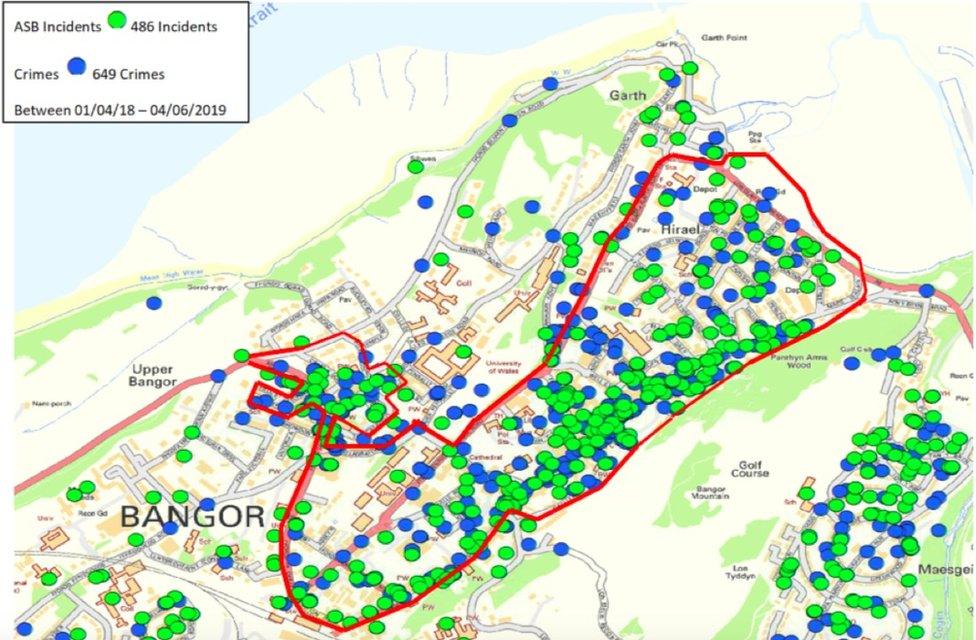
A police map showed more than 1,000 incidents in a 14-month period
Police said the main aim of a tougher PSPO would be to allow "early intervention and prevention with potential offenders through engagement and education", with powers of arrest used only as a last resort for persistent offenders.
"None of the proposed conditions are unreasonable and they're designed to improve the city's quality of life," the report added.
Members of Gwynedd's ruling cabinet were also assured the new powers would not include a clampdown on rough sleepers.
Ms Wager, who represents the Menai ward, told the cabinet she heard "both sides of the coin" in her role.
"We hear of, usually, young women who feel nervous near cashpoints when you have aggressive beggars nearby but also concerns that there are vulnerable people on our streets.
"I would like to see a framework in place so that we can ensure that police are offering help to those in need."
A 28-day consultation will now be carried out for an order expected to last for three years if approved, according to the Local Democracy Reporting Service.
- Published18 December 2012
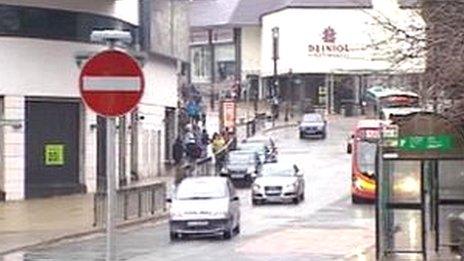
- Published23 July 2018
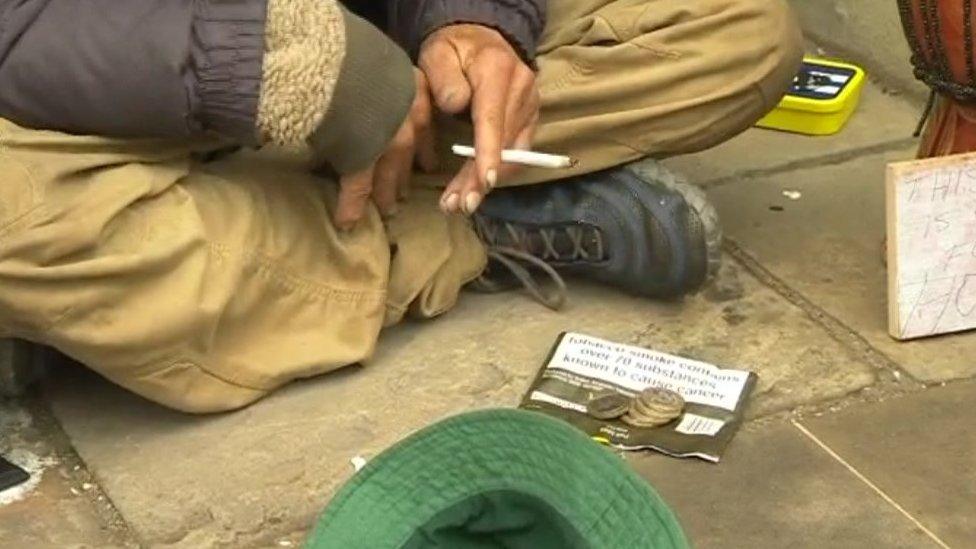
- Published9 December 2017
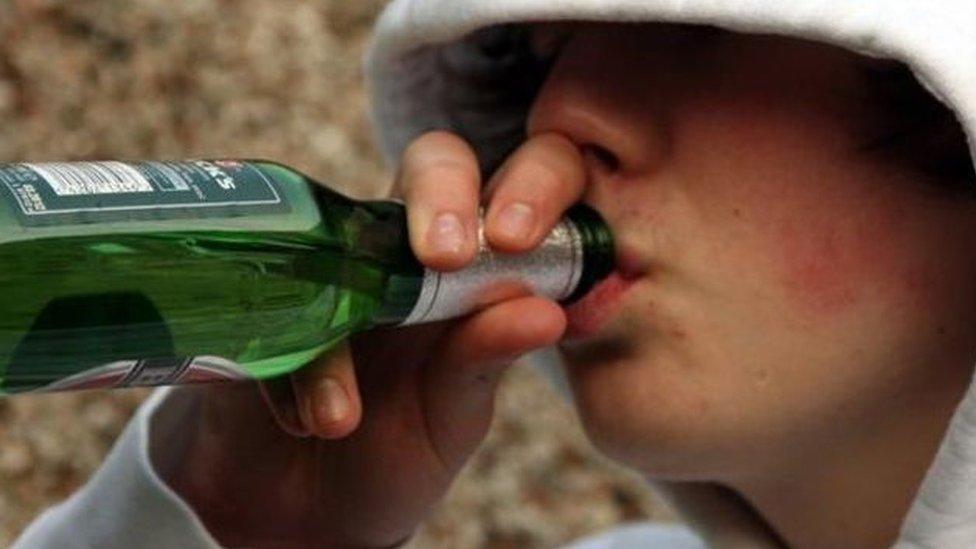
- Published24 July 2017
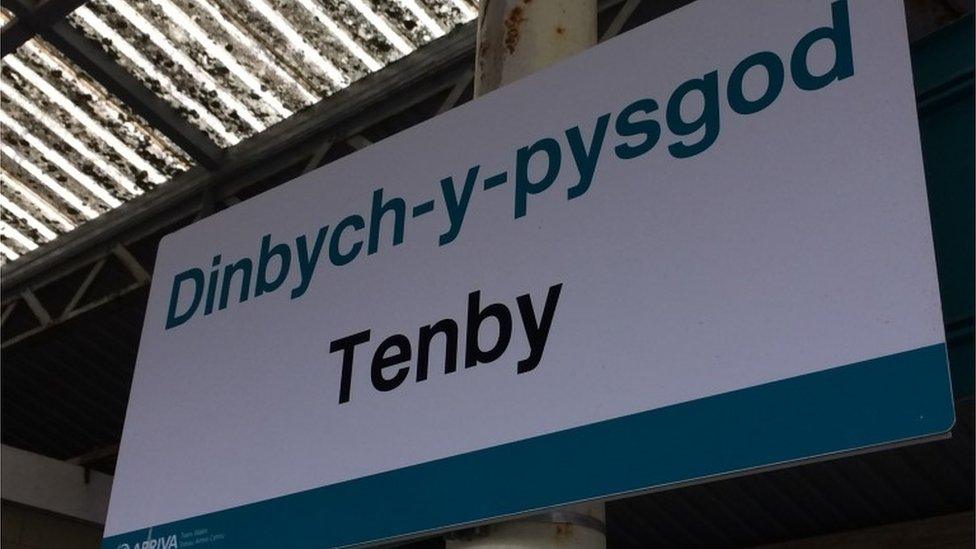
- Published27 November 2016
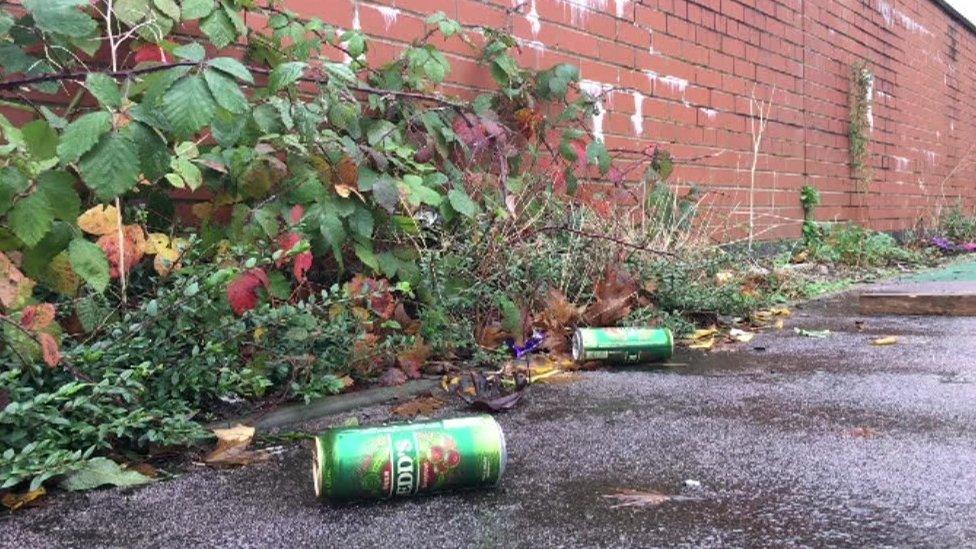
- Published1 August 2016
